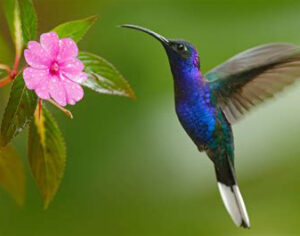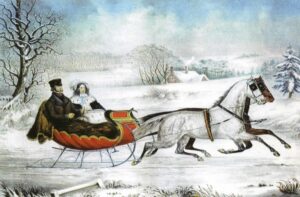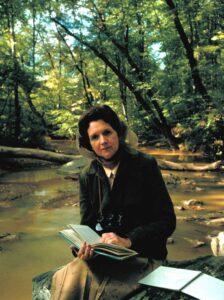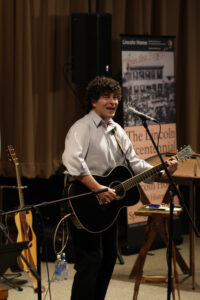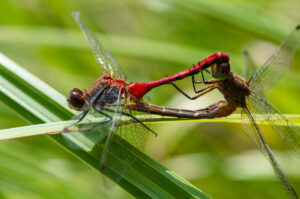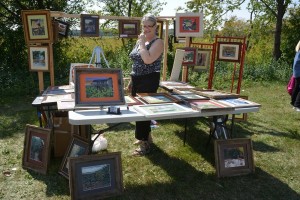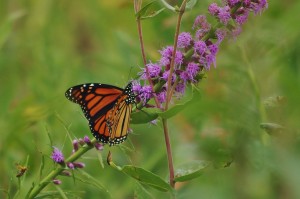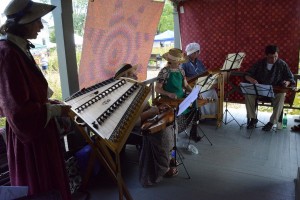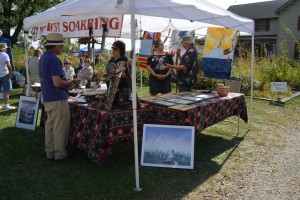Sunday, April 14th @ 1-3pm
Free event @ the Historic Prairie House, 11225 Constitution Drive, Westchester
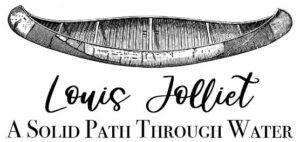 2023 was the 350th anniversary of the expedition of Louis Jolliet and Father Jacques Marquette down the Mississippi.
2023 was the 350th anniversary of the expedition of Louis Jolliet and Father Jacques Marquette down the Mississippi.
Their journey dramatically affected the lives of both those coming to America and those already here. It’s an exciting story of exploration but also encounter.
Author and performer Jim Healy’s Louis Jolliet: A Solid Path Through Water will offer a connection between our past and questions which still confront us today.
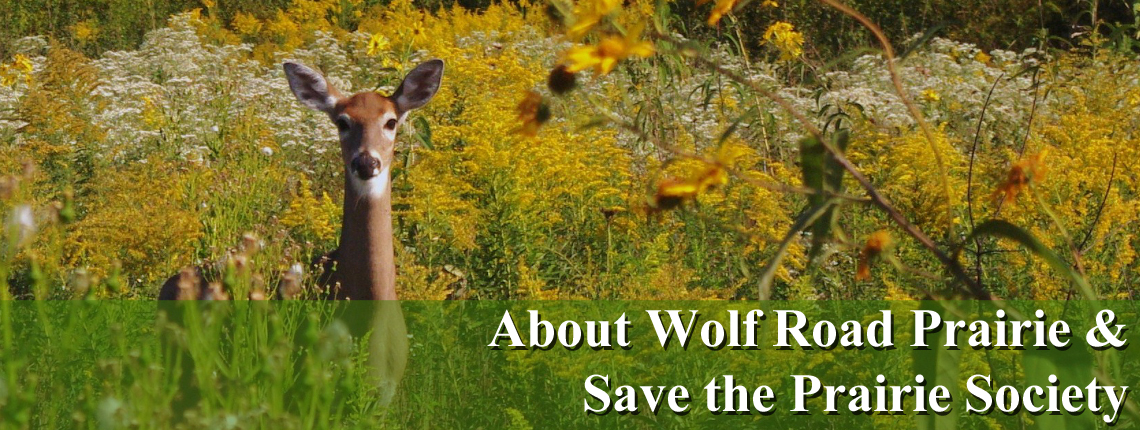
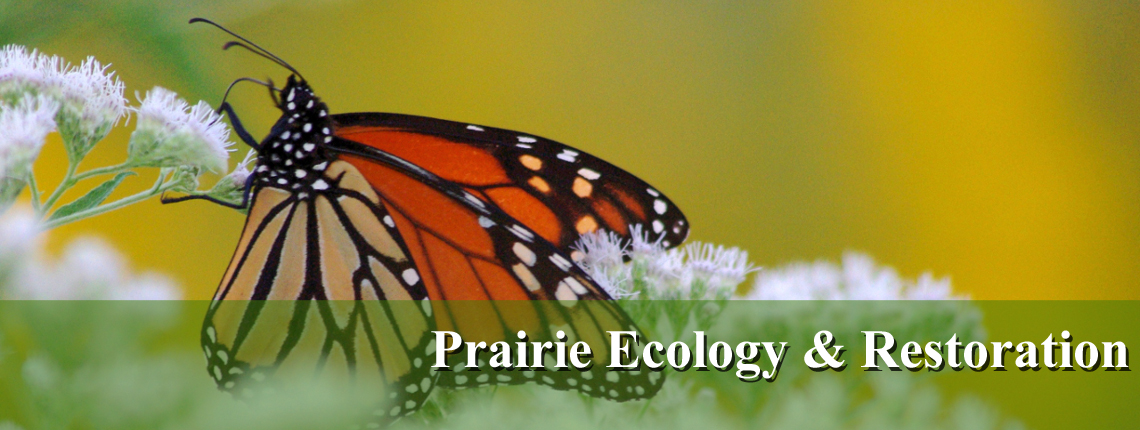
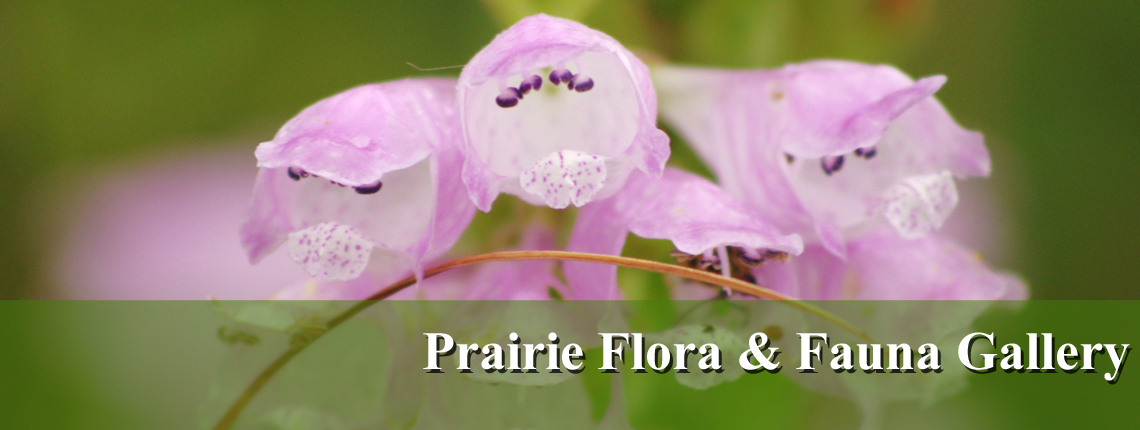
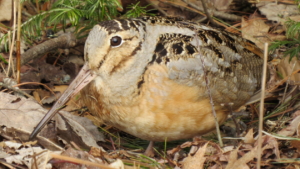 Join our Woodcock experts at dusk to see the male woodcocks perform their daring courtship flight.
Join our Woodcock experts at dusk to see the male woodcocks perform their daring courtship flight.